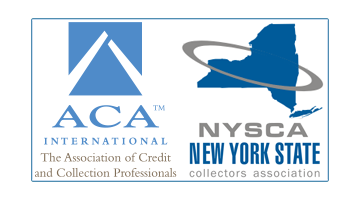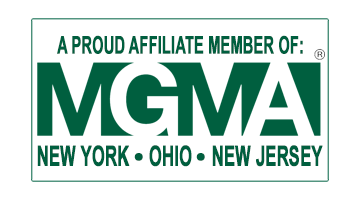
We’ve all come across dozens (if not hundreds) of articles that tell debtors what to do about a debt collector when they call. Usually these articles center on the Fair Debt Collection Practices Act (FDCPA) which was devised by Congress to amend the Consumer Credit Protection Act (CCPA) and address “the use of abusive, deceptive, and unfair debt collection practices by many collectors.” To be fair these practices should be addressed and should not be allowed. Anyone subjected to these methods of debt collection should not have to tolerate these practices and we applaud this set of rules and abide by them daily. In fact we’ve followed these rules on moral and ethical grounds for decades before their inception.
However, as is often the case, it seems that the spirit of this law is being trampled by the most prolific of consumer debt dodgers (those who run up debts without ever intending to pay them back). Going down this path is a slippery slope. It is for this very reason that businesses must employ collection agencies to help them recover lost wages and uncompensated services. Is it not appropriate to consider the businesses that have been spurned? What about theirlost wages? Their lost income? The security of their employees? Their inability to collect money that is justly theirs for services rendered? Who is protecting them?
One of the most unreasonable measures that was reinforced by our illustrious Supreme Court concerns an agency’s ability to leave a message for a debtor. It’s a serious case of “damned if you do, damned if you don’t.” Under this measure, ironically not directly referenced in the eighteen sections if the FDCPA (available at www.ftc.gov/enforcement/rules), an Agency must identify itself as a collection agency to the debtor when speaking with them directly or leaving a message. Yet identifying itself as a collection agency, reveals that the recipient of the call is a debtor. This is obviously most important when leaving a message or when someone else answers the recipient’s phone. So what is an agency to do? If it identifies itself, it’s wrong. If it doesn’t, it’s wrong. Say what??? While it’s important to treat a debtor with dignity, clarity and respect, it’s equally important to be able to speak with them at all!
Again the purpose of the FDCPA is to stop agencies from using deceptive practices, but in the end, with poor interpretation by lawmakers, and even the Supreme Court, the act is forcing more and more companies to abandon compensation for the services they have rendered. In the end these interpretations simply hurt everyone (as prices inevitably go up to cover the losses) and help the “professional bill dodger” who has fleeced everyone in his or her path. It doesn’t do much to help the consumer who really wants to pay what is owed and protect their credit (as both a necessity and as the honorable thing to do). I think we can all agree that the majority of people want to do the right thing, so why then do these interpretations of the law instead seem to protect the minority – those who willfully dodge their bills?
Take for instance this example… a 10-year-old girl walks her neighbor’s dog every day under the agreement that she will be paid $5 for each time she walks the dog. When at the end of the week she has walked the dog 5 times and asks for a $25 payment, the neighbor tells her that another neighbor said he would cover the cost, and while the girl did properly identify herself as wanting to collect this fee, his other neighbor heard this, so now he shouldn’t have to pay her. In fact she should have to pay him for “muddying his name” (a name I must remind you is already muddied by his lack of any scruples). So, in the end, how is this little girl any different than the doctor who got stiffed on his fee? By definition both are essentially the victims of theft and, in this case, neither are offered the same protection as the thief!
The majority of articles written interpret the law to restrict even the most benign and justified collection efforts and inform debtors how to dodge collectors and how to manipulate the law to their advantage when in fact, no one is addressing what debtors can do about the debt itself. Well, here at Simon’s Agency, Inc., we’re going to go ahead and start doing so! Please check our Simon’s Cares FAQ as we will address several processes that can help the debtor take responsibility of their debt obligation, such as working with their insurance provider, employer, or workers’ comp board.








